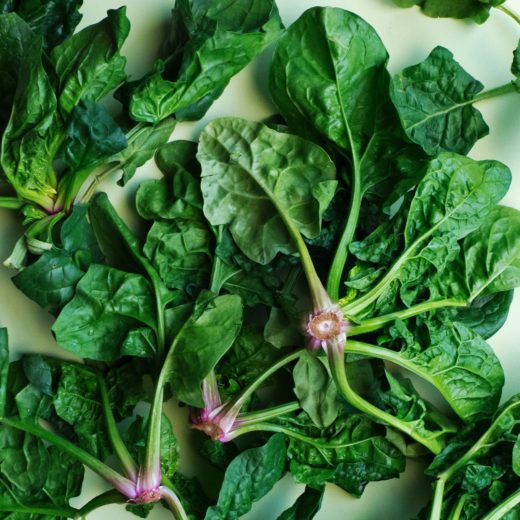
In its acute form, inflammation is extremely beneficial to the body, mobilizing defense mechanisms faster to reach the site of injury faster so healing can begin.
Likewise, when our body detects a foreign invader, such as during exposure to an allergen, the inflammatory response is activated and signals our immune system to remove the foreign invader. Without this response, your body would struggle to heal at the speed that it does.
Inflammation becomes problematic when the response process continues longer than needed – this is known as chronic inflammation.
Chronic inflammation is believed to be the root cause of many conditions including autoimmune diseases like lupus and multiple sclerosis, heart disease, cancer, diabetes, asthma, and Alzheimer’s disease1.
While these conditions have many treatment modalities, food can be a powerful first line of defense as well as a complimentary support to conventional pharmaceutical interventions.
According to, Dr. Frank Hu, a professor in the Department of Nutrition at the Harvard School of Public Health, many experimental studies have shown that different foods may have anti-inflammatory effects2.
Following a diet rich in anti-inflammatory foods can help balance the body’s inflammatory markers while helping to reduce your risk of developing additional inflammation-related health issues in the future. So, which foods should you eat?
Article continued HERE on The Institute of Transformational Nutrition Blog.
In Love, Health + Gratitude,
Katie
